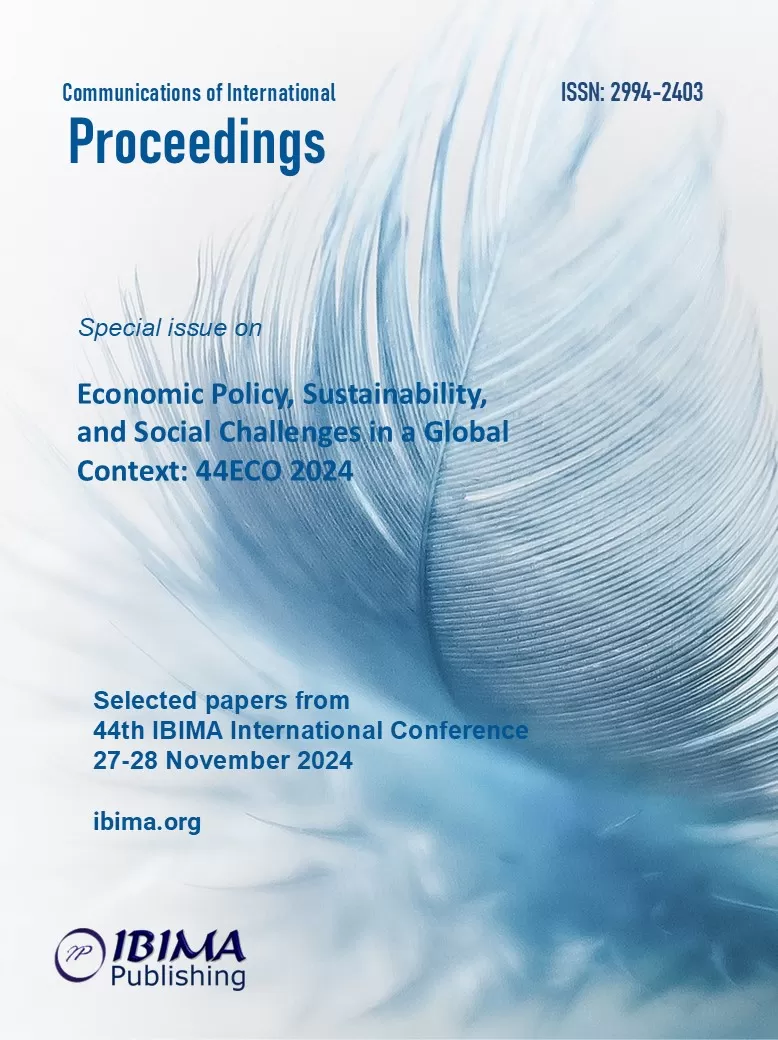
Cornelia NEAGU, Marius BULEARCĂ, Cristian SIMA and Daniel FISTUNG
Centre for Industry and Services’ Economics, Romanian Academy, Bucharest, Romania

Petroleum activities worldwide are subject to a wide range of taxation instruments. For these reasons, both Romania and other European states encounter different types of royalties, taxes, fees, or additional contributions applied to the oil and gas industry in conjunction with the general taxation rules specific to each state. That’s why establishing an appropriate oil and gas sector taxation regime for Romania must start with analyzing the specific conditions of this sector in our country. For this purpose, the first part of the article approaches the identification of the main elements that characterize a tax system specific to the hydrocarbon extraction sector, such as significant upfront costs and investment recovery time, uncertainty because of volatile, uncontrollable, and unpredictable prices, information asymmetry, and finite nature of exploited resources. In the second part, the paper analyzes the current tax system applied to this sector, highlighting aspects related to the complete lack of stability and predictability of the sector, the paradoxical offshore policy, the lack of correlation between the level of risk/difficulty of exploitation and the tax regime, the tendency to slow down/reverse the market liberalization process, and others. The remainig of the paper proposes some measures to improve the current tax system applied to this sector. The final conclusion is that given that Romania has already implemented a series of national measures presented in our analysis, the Romanian authorities should take them into account and analyze to what extent they are equivalent to the solidarity contribution proposed by the Regulation (EU) 2022/1854.